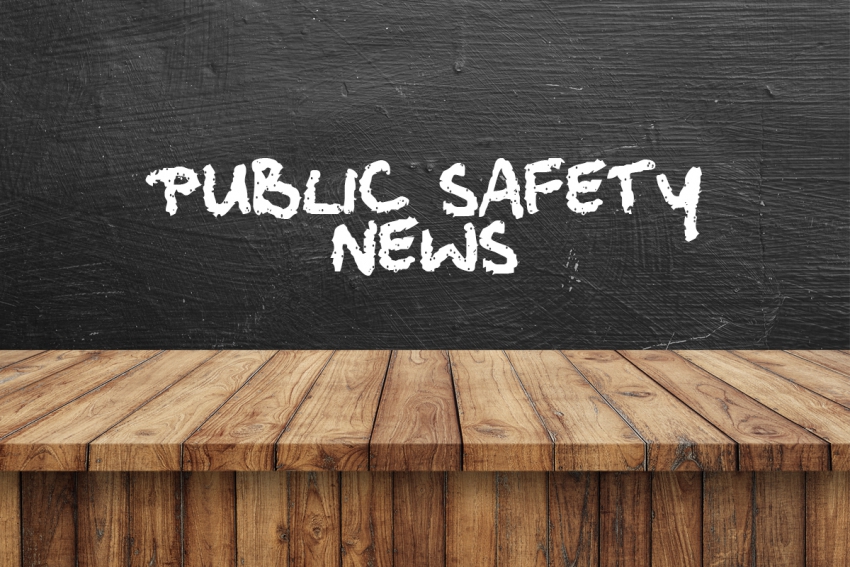Christelle Fourie, managing director of MUA Insurance Acceptances, said according to regulations introduced in 2009, all gas installations must have a Certificate of Conformity in accordance with the Pressure Equipment Regulations promulgated under the Occupation Health and Safety Act (No 85 of 1993). The certificate states that the installation has been properly inspected and is safe and leak-free.
“While this may sound like a complex, legal document, essentially it is a certificate that states that the installation has been properly inspected and pressure tested and has been determined to be safe and leak-free.
“It is critical that this certificate is also issued by an authorised person who is registered through the Liquefied Petroleum Gas Safety Association of Southern Africa (LPGSASA).
“According to the regulation, any homeowner who has a liquefied petroleum gas (LPGas) appliance installed in their home must have this certificate, which is usually obtained during the installation phase.
“However, all homeowners considering gas installations need to know that the onus is on them, the homeowner, not the installer, to ensure they have this certificate in their possession.”
Fourie added that failing such certification, an insurance company would be well within its rights to repudiate a claim, which could have severe financial repercussions for the homeowner.
“Having the installation inspected and approved is a quick and easy process – provided the installation has been done correctly – much in line with similar requirements for electrical installations, which also require a certificate of compliance under the Machinery and Occupational Safety Act of 1983.
“It is vital for all homeowners to realise that such an inspection is not just essential for their insurance policy to remain valid, but even more important, that it is conducted to ensure that the installation is safe and their family is not put at risk. If a gas appliance has been incorrectly installed and results in a gas leak, this could have major health implications for a family, not to mention the huge danger of an explosion.
“It is also important for homeowners to know that if they wish to sell their home and they have a gas appliance installed, they are required to obtain the certificate and deliver a copy thereof to the new purchaser.”
Kevin Robertson, communications manager at LPGas, said the retail price of LPGas for residential use was set by the Department of Energy on a month-to-month basis.
“Any adjustments to the retail price take place on the first Wednesday of every month, along with the price of petrol diesel, paraffin, etc. It is also done on a zonal basis so the price does vary according to where you are making your purchase.”
Robertson said the updated price could be found on the Department of Energy website, www.energy.gov.za
He said consumers who suspected their gas dealer was charging them more than the regulated amount should check the price of LPGas (for residential use) in their specific area.
If consumers suspect they are being overcharged, they should contact the Department of Energy to lodge a complaint.
Robertson said the homeowner should also realise that only appliances which have been tested and found to conform to the relevant SABS standard (SANS 1539) may be installed.
LPGas said if you suspected your gas appliance was unsafe it was best to turn off the appliance immediately and not touch it until it had been checked by a registered gas engineer. Open all the doors and windows to air the room and ensure you have shut off the gas supply at the metre control valve.
To ensure your gas installations are always in proper working order, ask a registered gas installer to perform an annual maintenance and service check.
l SABS standard appliances are verified by the LPGSASA and are issued with a unique Verification Permit Number. A complete list of all such appliances is available on the LPGSASA website www.lpgas.co.za
l A complete list of registered installers is available on either the LPGSASA website www.lpgas.co.za or the SAQCCGAS website www.saqccgas.co.za
l Complaints to the Department of Energy can be addressed to This email address is being protected from spambots. You need JavaScript enabled to view it. or call 012 444 4180. - Cape Argus
